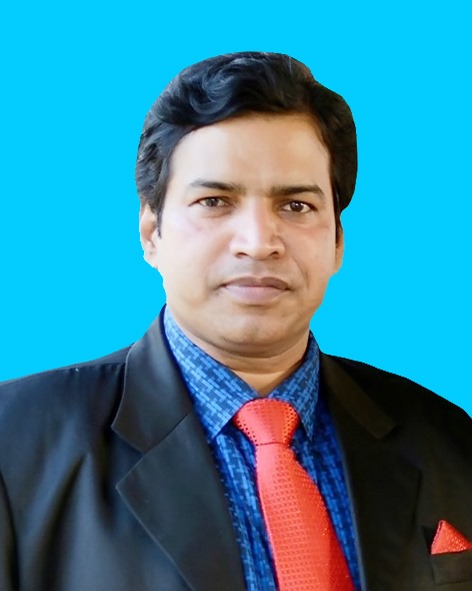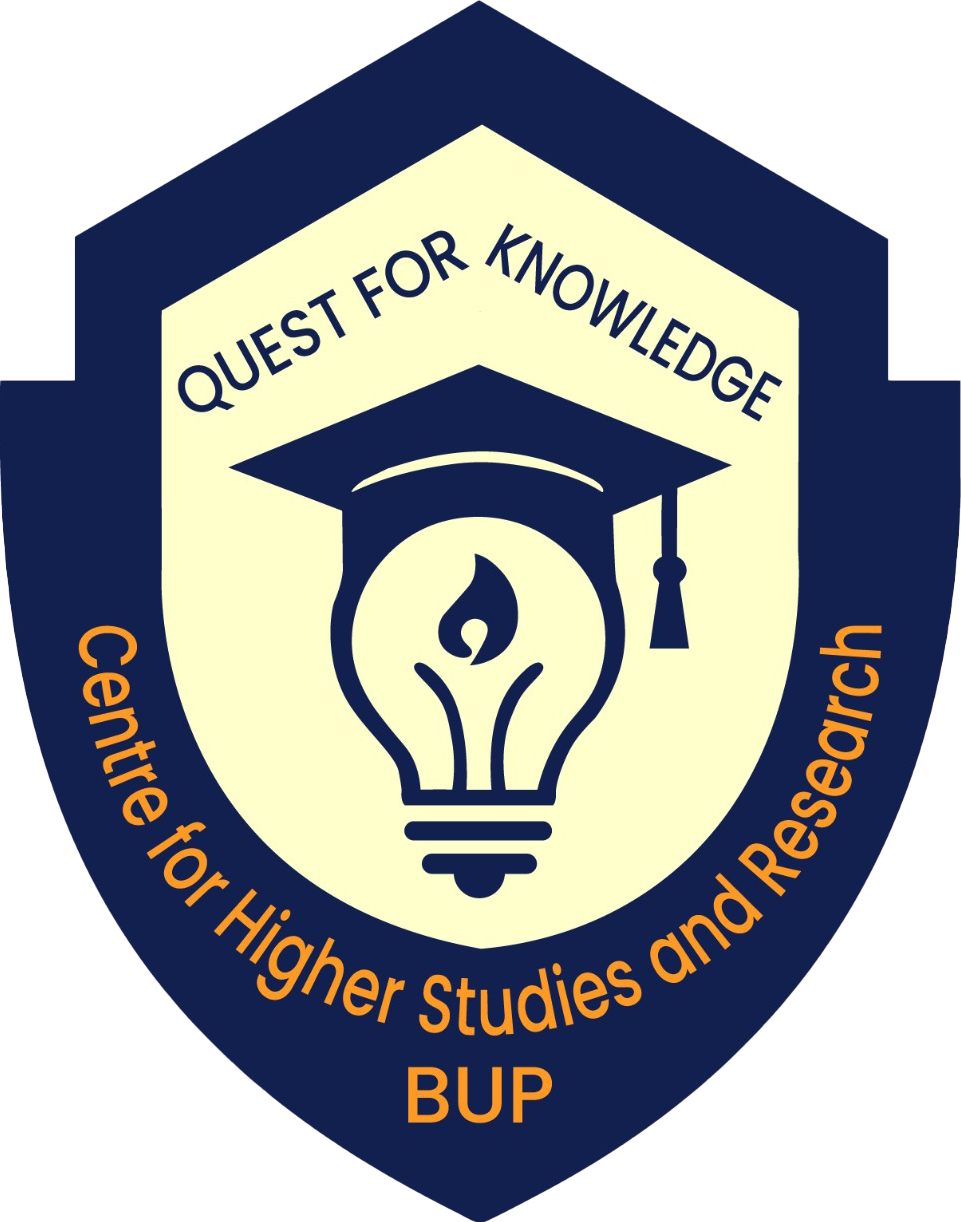Stakeholders’ Perception of SDG-4: Investigating Inclusiveness and Quality in Primary Education of Selected Char Areas in Bangladesh
Researcher Name/Project Director/Author: Md. Ahasun Habib PhD Researcher Reg: 100401200010 Session: 2019-2020 01622603777
Publish Status: Completed
Research For: CHSRDate: 08-Dec-2024
Year: 2024
Supervisor Name/Project Supervisor: Muhammad Abdur Rahim Khan, PhD (Retd. Govt. Officer) Associate Professor of Governance and Public Policies Bangladesh Institute of Governance and Management (BIGM)
Abstract
As a sequel of several policy, legal and pragmatic interventions made by the government and the goals set by UN bodies as enshrined in the MDGs and SDGs.Bangladesh has so far achieved almost 100% enrolment rate at the primary level education mainly in the mainland areas.But many evidence based studies point to the fact that the quality of primary education is deteriorating. Most importantly, the learning achievement as well as the establishment of equity in education remain to be a huge problem. This is specifically true for the primary school going children living in char land areas. Quality education has got priority for children under SDG-4 which extends into addressing the need for `lifelong learning opportunities’(target 4.3) and inclusiveness (target 4.5, 4.7, 4.a).These two pertinent issues are seriously missing in char land areas. How this situation can be overcome, what are the factors and who are the actors creating the barriers and challenges –these are the pertinent questions have been transformed into research questions within the purview of this study. The rationale behind is very simple, unless all these issues are adequately addressed sooner,Bangladesh education will not be competitive and fail to meet SDG-4target for inclusive and quality education by the year 2030.This study through adoption of a mixed method approach (both qualitative i.e., KII, Physical Observation, Case Study and quantitative i.e., opinion survey by interviewing) has collected necessary data and information. The findings revealed that no matter how old the establishment is, due to river erosion most of the educational institutions in the Char area are demolished and moved from one char to anothermore often.As many as 66.7% of primary schools' communication system is inaccessible.The average number of drop out students in the three sample char areas is 24.34. an average of 3.13 boys and 2.53 girl students dropped out of school due to the last natural calamity, mostly river erosion.In spite these obstacles, the average number of students with disabilities in three sample char areas is 17.42.The study further brings into forth that schools having accessible communication system have more good quality teacher and they can arrive at the school at the right time. As many as 96.7% schools have School Management Committees among them 43.3% took initiative to achieve SDG-4. Most of the government primary schools in these areas do not start classes on time. Some schools run classes with 'proxy teachers' or 'para teachers' withlow salaries.A staggering 30% of NGPS teachers with postgraduate degrees have no professional or pedagogical training qualification. This rate is 15% for GPS teachers. For graduate (honors) degree holders, the percentage of untrained teachers is 10.12% and 40% for GPS and NGPS respectively. Teachers appear in school only two to four days in a month, sign the attendance book and leave within an hour. The SMCs are failing to keep track of these issues. Theconcerned Assistant Upazila Education Officer (ATEO), Upazila Education Officer(TEO) or District Primary Education Officer (DPEO) hardly pay any visit to these schools. Various other problems like poor educational infrastructure, absence of midday meal, health care facilities, poor provision of safe water and sanitation are very much prominent. To cope with risks and challenges already posed due to climate change accompanied by disintegrated management have made the total situation terribly disheartening. Multipronged strategies and programs are to be immediately initiated and implemented by different stakeholders. In view of this realization the researcher has strongly argued that ensuring quality, equity and inclusiveness in the char land areas is to be accomplished just like an orchestra, not by solo performance. State machineries on the top downward to the Primary school teacher, Head teacher, SMCs and the local government representative along with the guardians must come forward to play their respective roles effectively. Special attention should be given to different kinds of disabled students according to their individual needs. In general, gender responsive hygienic sanitation system should be ensured; special land survey for Char areas must be conducted and allocation of social security programs taking into account geographical differences should be realigned. Furthermore, special awareness raising programs should be launched for the char people to make them aware of improved grazing seeds and its scientific processing. On a parallel, the amount of agricultural subsidies should be increased in the Char land areas, simultaneously special programs should be run for excelling skills of working people so that they can get the opportunity for self-employment. All these are a very tall order and a very gigantic task. From government of Bangladesh, the international development partners as well as the national level NGOs and other agencies are making their all-out efforts to transform the situation to fit and meet the target of SDG-4 by 2030, but how far those are going to be achieved is yet to be seen.
Keywords:primary education, inclusiveness, quality education, SGD4,

